Rethinking Respectability
Even though I am a Black woman who considers herself unambiguously pro-Black, there are still brief moments when I feel like I see other Black people through judgmental white eyes. It’s the moments when I worry that my table of Black friends is too loud in the dining hall or that my vibrant usage of AAVE around my close Black friends makes me sound less educated to the white people around us. This feeling of discomfort is a remnant of deeply entrenched, internalized stereotypes non-Black people have told me about other Black people my entire life.
Respectability politics are the sanitized, “acceptable” version of a minority group. Because we cannot exist expressively as our authentic selves, people of color or other minorities filter down parts of their culture or personality to be palatable to white people. This palatable version is seen as necessary to survive among, and be respected by, our oppressors. We put those who fit the constraints of respectability onto a pedestal: think of Michelle Obama, often cited as one of the most admired women in America. Michelle fits none of the stereotypes forced onto Black women— she’s unambiguously Black, but she’s Black in a way deemed worthy of respect.
Marginalized people who don’t conform to respectability politics are then ostracized by both wider society and themselves. For example, on Twitter in June, there was a huge debate over whether bonnets should be worn in public or not. Mo’Nique, a famous Black comedian and actress, posted an Instagram video telling other women not to wear bonnets outside of the home. She argued that bonnets aren’t presentable enough, which many people agreed with. However, others pointed out that Black women are over-policed and scrutinized for their appearance. Bonnets are a hair garment that is exclusively associated with the Black community, meaning it often plays into stereotypical tropes of Black women and their natural hair needs as “unprofessional.” Black women who wanted to wear bonnets in public were being policed by their own to look good in front of white people, an attempt to cave to their notions of palatability.
A more recent example of respectability politics being disruptive are the ongoing Howard University student protests against unsafe living conditions. One of the “Black Ivies,” Howard is considered the pinnacle of Black excellence by alumni and current students alike. With this designation in mind, students who attend Howard are meant to adhere to respectability politics, even in a majority Black environment like an HBCU. Actively protesting the school’s poor handling of funds disrupts Howard’s status as a premier HBCU, effectively making us look bad in front of white people. But Howard’s students deserve the right to criticize the school they pay to attend, despite the institution’s wishes. Following the rules of respectability politics will never inspire real change.
This is also something that can arise when an innocent black person is murdered by the police. They are often subject to a tarnishing of their image- pictures of Trayvon Martin with gold teeth and holding up his middle finger were used by George Zimmerman's defense team during his trial. These pictures play into a damaging stereotype of black men being thugs, taking away from the fact that a child was shot and killed. Not only do they play into this stereotype, but they use the stereotype as a shield for the murder- "if he wasn't a 'dangerous thug' then he would still be alive," is the defense being invoked by using images like that. The burden of responsibility is shifted from the adult with the gun to the child with the Skittles, all because of a perception of how "good" Black people are supposed to behave.
In a dream world, I would discard the constraints of respectability politics because I recognize how they’re oppressive. In reality, I know that I will likely be forced to continue conforming to them to reach my life or career goals that place me within white society. Going against respectability politics is an act of rebellion against a system that does not, and likely will never, think of marginalized groups as fully, unequivocally equal to those of majority groups. The least we can do as marginalized people is not put the pressures of respectability politics onto our own. Then, at least, we can continue to value authenticity, instead of palatability, within our communities.
There’s plenty more to talk about, plenty more dots to connect, plenty more context to give. We’ll continue doing so next week at 2 PM.

